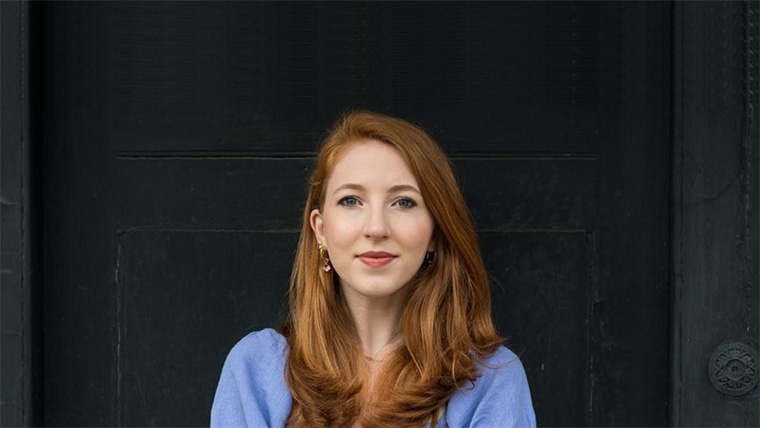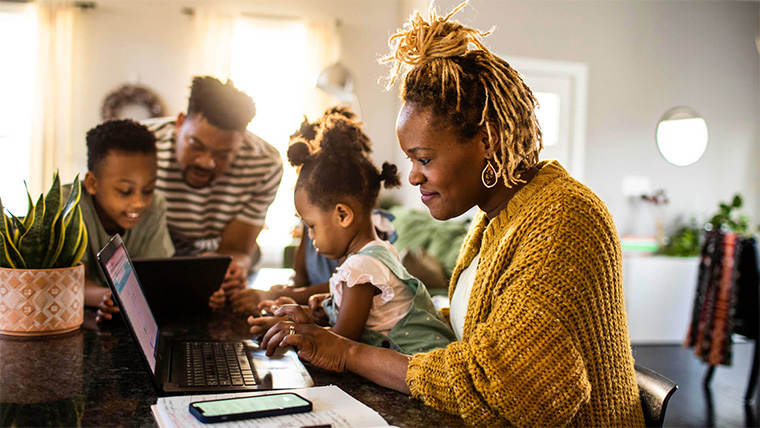
Navigating Elections: How political events impact the stock market

The five-part toolkit for calming financial anxiety

Seven misunderstood financial terms broken down

It's time to give your money a financial health check - here's how

Financial fears: how can I fight them?

5 signs you have financial worries and how to cope with them
